John Marshall has made his decision: now let him enforce it!

John Marshall has made his decision: now let him enforce it!
The famous quote "John Marshall has made his decision: now let him enforce it!" is often attributed to President Andrew Jackson in response to a Supreme Court ruling in the case of Worcester v. Georgia in 1832. This case involved the Cherokee Nation's challenge to the state of Georgia's efforts to remove them from their ancestral lands. Chief Justice John Marshall, writing for the majority, ruled that the Cherokee Nation was a sovereign entity and that Georgia's actions were unconstitutional.However, President Jackson, a staunch supporter of states' rights and an advocate for the removal of Native American tribes from their lands, famously disregarded the Supreme Court's decision. In his response to the ruling, Jackson is said to have uttered the now-infamous phrase, essentially challenging Marshall to enforce the decision without the backing of the executive branch.
Jackson's defiance of the Supreme Court in the Worcester case is often seen as a prime example of his strong-willed and controversial approach to governance. Throughout his presidency, Jackson frequently clashed with the judiciary and other branches of government, asserting his own interpretation of the Constitution and expanding the powers of the executive branch.
The conflict between Jackson and Marshall in the Worcester case highlights the tension between the principles of federalism and the separation of powers. While the Supreme Court is tasked with interpreting the Constitution and ensuring that laws are upheld, it ultimately relies on the executive branch to enforce its decisions. Jackson's refusal to comply with the Court's ruling in Worcester demonstrated his willingness to challenge the authority of the judiciary and assert his own vision of executive power.
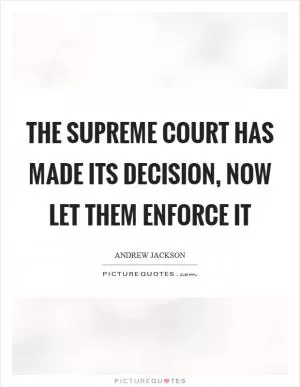


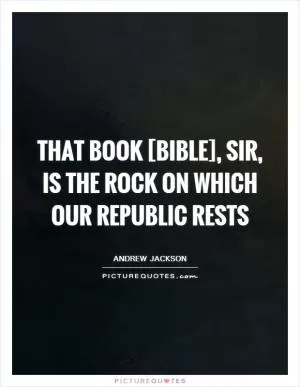


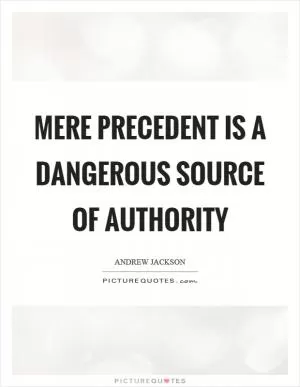

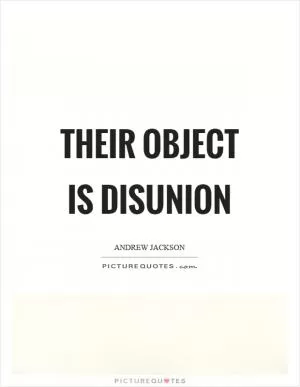
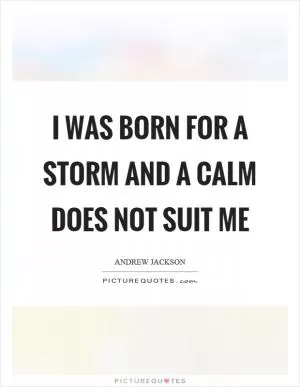

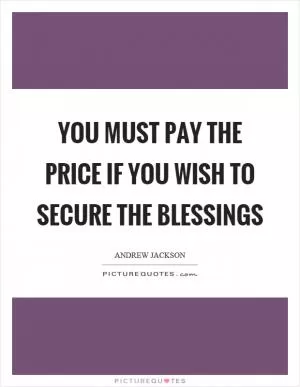
 Friendship Quotes
Friendship Quotes Love Quotes
Love Quotes Life Quotes
Life Quotes Funny Quotes
Funny Quotes Motivational Quotes
Motivational Quotes Inspirational Quotes
Inspirational Quotes